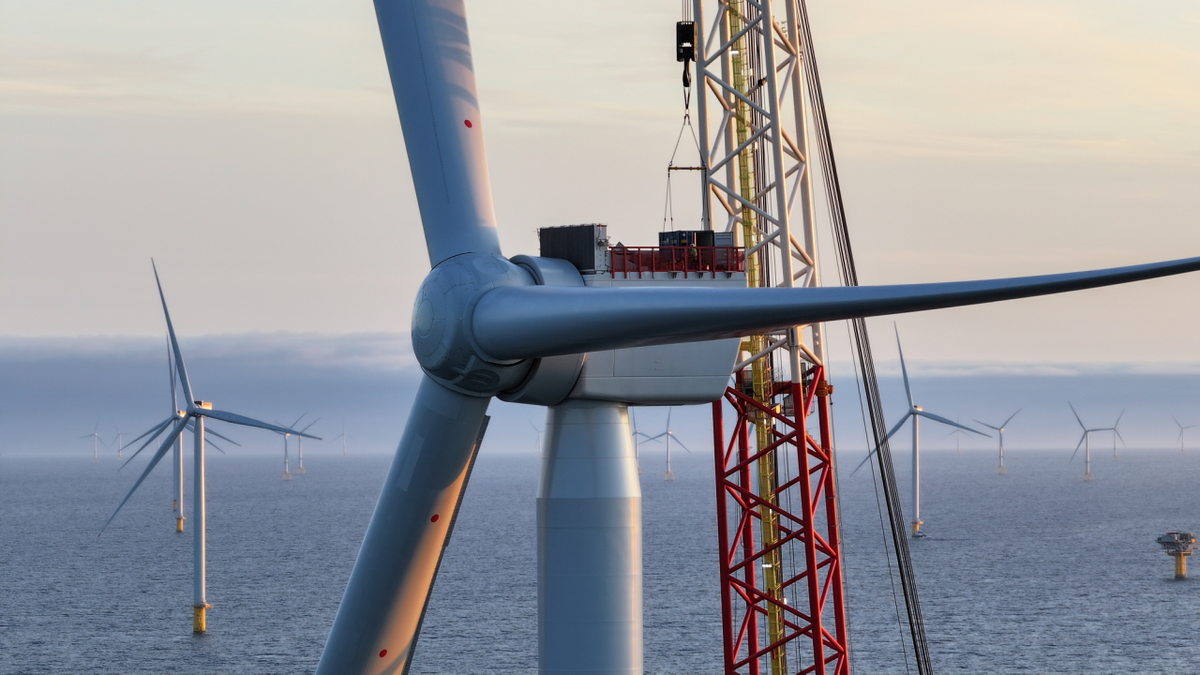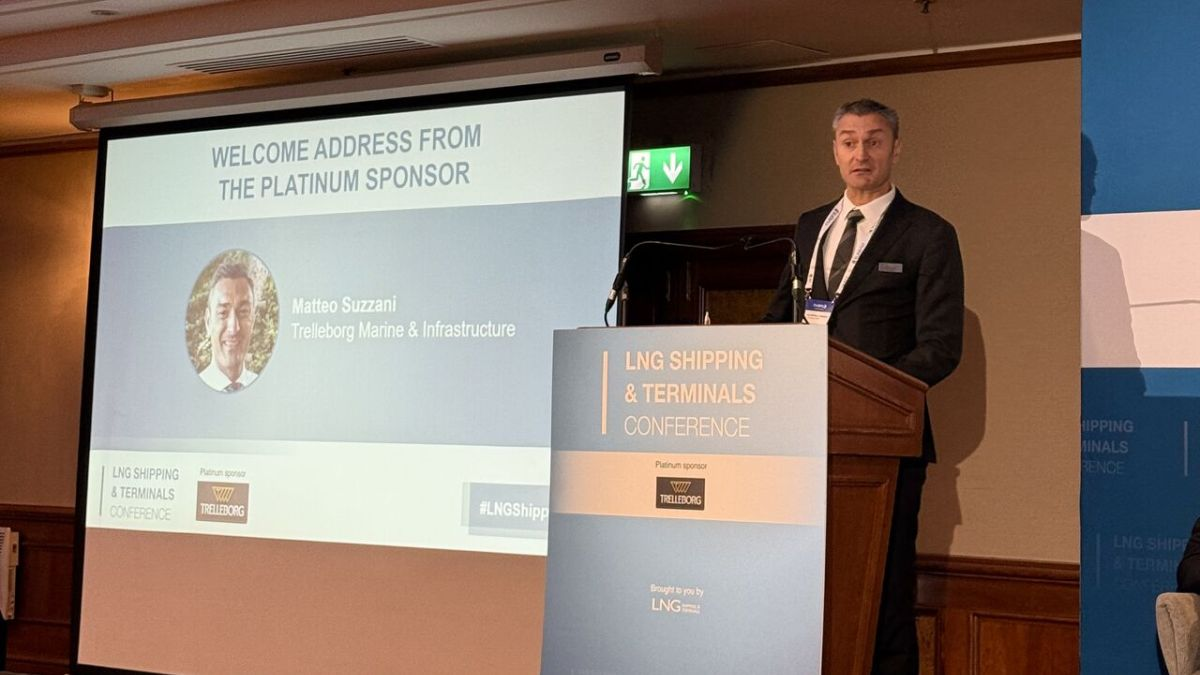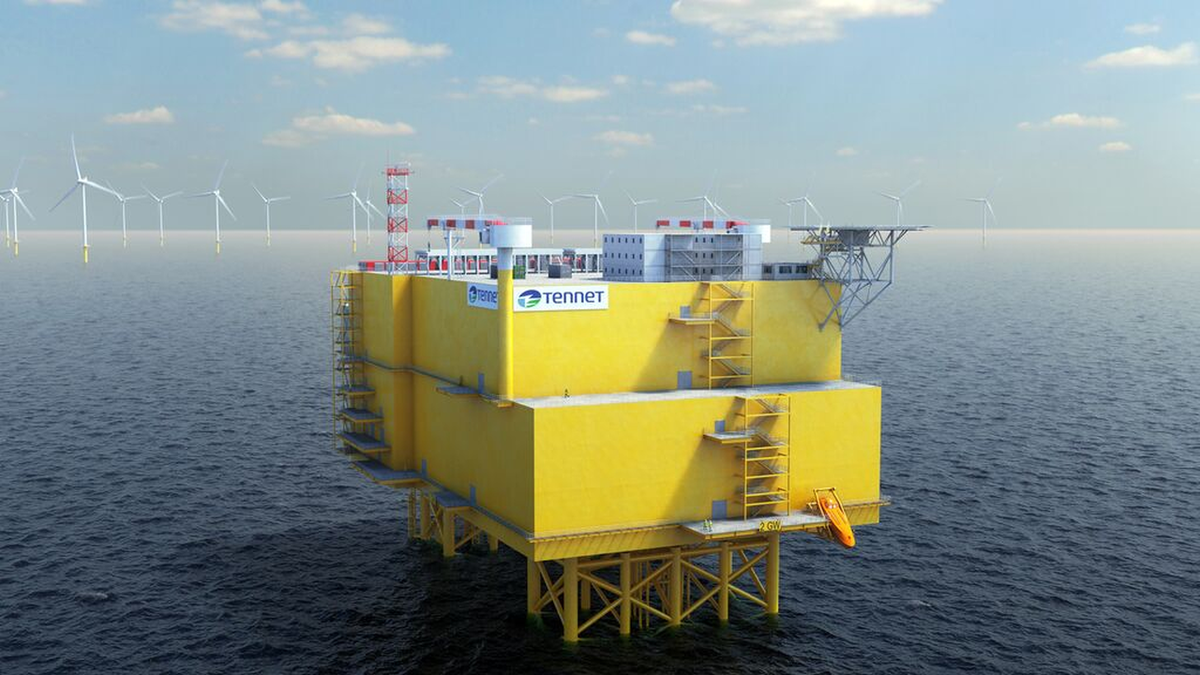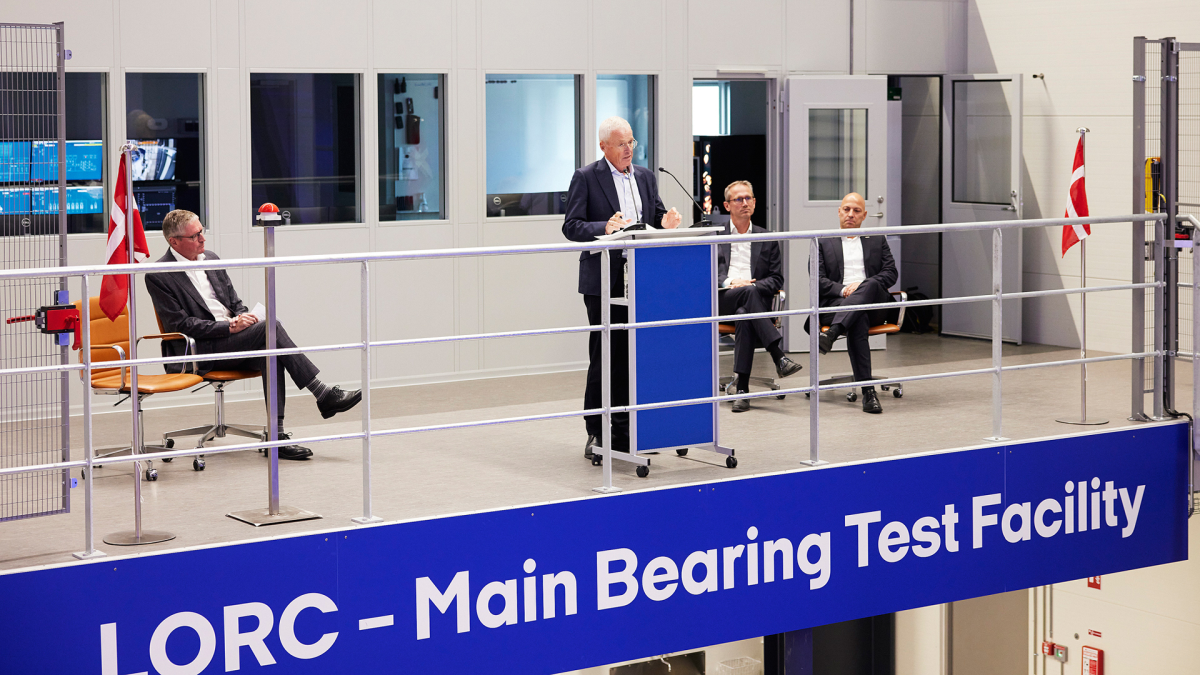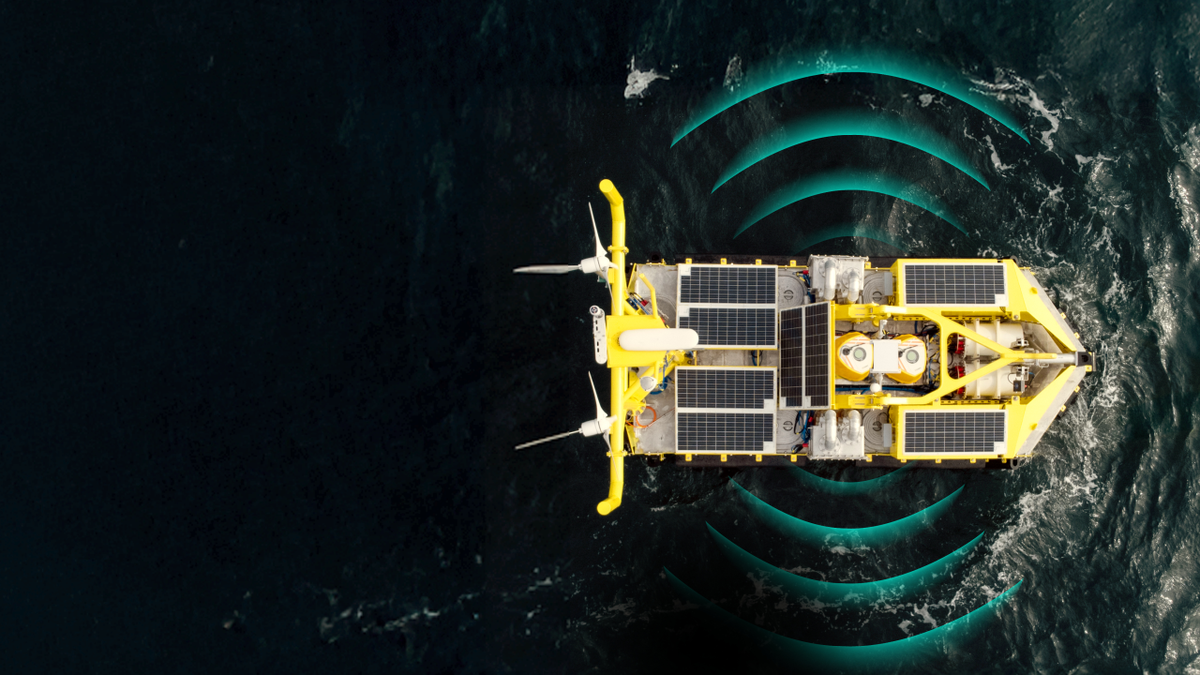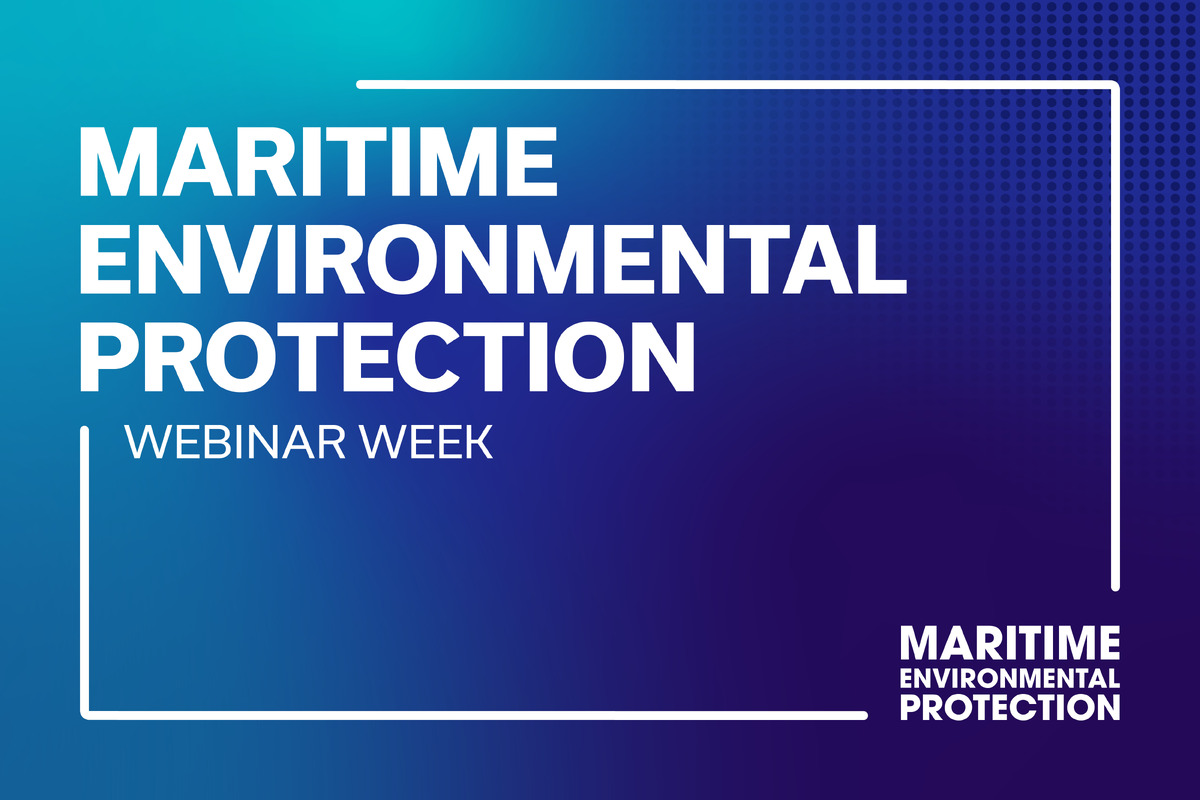Business Sectors
Events
Marine Coatings Webinar Week
Contents
Register to read more articles.
Mitsubishi withdrawal ‘underscores need for institutional reform’
Mitsubishi Corporation’s withdrawal from three offshore wind projects awarded in late 2021 shows the Japanese government needs to implement institutional changes, not just changes to its auction scheme
So says Japan’s Renewable Energy Institute (REI), which notes that, for a leading trading house to abandon projects of this scale – despite ¥20Bn (US$136M) penalty payments – is highly unusual in Japan.
Mitsubishi was awarded the projects in a consortium with Chubu Electric and local partners. The projects in Akita and Chiba had a combined capacity of 1.7 GW. The company first confirmed it was reviewing plans for the projects in which it was involved in February 2025, and confirmed it was pulling out in late August 2025. The projects in question were in three Japanese sea areas: Noshiro City, Mitane Town and Oga City (Akita Prefecture); Yurihonjo City (Akita Prefecture); and Choshi City (Chiba Prefecture). When it confirmed it was pulling out of the projects, Mitsubishi cited worsening profitability caused by soaring equipment and construction costs.
Mitsubishi said it pursued various options before withdrawing from the projects, but discussions with its partners had determined that establishing a viable business plan was not feasible under current conditions. The company said it continues to recognise renewable energy – including offshore wind – as an essential element of Japan’s energy mix, and “remains committed to working toward the realisation of a decarbonised society while closely monitoring the business environment.”
In a 2 September 2025 comment, the REI said, “Nationwide, the cost of materials, labour and transport surged after the bidding stage, driving overall construction costs up by more than 20%. Turbine prices – estimated to account for around 20% of total project costs – are said to have doubled during the same period and because Japan lacks a fully developed domestic supply chain, the projects remained heavily dependent on imports, leaving them highly exposed to currency fluctuations.”
As the REI also noted, rising costs are a shared challenge globally, resulting in project withdrawals and zero-bid auctions in developed markets such as those in Europe. “The Covid-19 pandemic and Russia’s invasion of Ukraine exacerbated labour shortages and have driven fossil fuel prices sharply higher, exerting deep impacts on the sector,” it said.
“In response, governments have acted swiftly, reforming their frameworks by revising auction designs and price caps, and by clarifying project pipelines to improve visibility, sustaining momentum for new project development. Ambitious capacity targets remain firmly in place.”
The REI noted in the UK, the Conservative government at the time did not secure any offshore wind bids in its September 2023 CfD Round. In response, it raised the ceiling price for the next round, in 2024, by 66%, although concerns persisted that inflation risks were not fully covered. As a result, further revisions were made in CfD Round 7 this year, including another increase and an extension of contract terms from 15 to 20 years. Denmark is also considering similar system changes for tenders following zero bids, and these cases demonstrate that establishing a flexible institutional framework is essential for expanding offshore wind.
“The Japanese government has said it will retender the projects from which Mitsubishi withdrew after thoroughly examining the reasons for its withdrawal,” said the REI. “However, speed is crucial. In light of this situation, the government must promptly outline a roadmap for the future, including the retender, to maintain the industry’s overall enthusiasm and momentum for development.”
The REI says it is ‘undeniable’ that Mitsubishi’s initial projections were overly optimistic. Compared with the average bids submitted by its competitors, the consortium’s offer was ¥6 to ¥9 per kWh lower and describes the company’s withdrawal as “a significant setback, “not only delaying the commissioning of the three sites but also depriving Japan of an opportunity for fundamental debate on its auction system.
“Meanwhile,” it said, “the need to address the subsequent projects has become increasingly urgent. Developers in Rounds 2 and 3, forced into zero-premium bids under intense price competition, now face even harsher conditions than Mitsubishi. Because earlier operation dates were weighted heavily in the evaluation process, four projects are scheduled to commence within four years, with one as soon as three. Unless corrective measures are introduced, there is a real risk that similar turmoil will unfold again.
“In Denmark, when zero-bid outcomes occurred, the government conducted detailed hearings with developers to identify the reforms required, and signalled its intention to revise the auction framework for subsequent rounds. In Japan as well, institutional reforms must be pursued on the basis of careful and substantive dialogue with project developers.”
The REI notes that unlike Europe, Japan also faces structural challenges, such as the complexity and protracted nature of the licensing system, the cost burden of grid expansion and port infrastructure, and the shortage of construction vessels due to cabotage restrictions. “Many of these obstacles can be mitigated through adjustments in institutional arrangements, and addressing them should be treated as an even more urgent priority than auction reform itself,” the REI said.
“In June this year, the government enacted the revised Renewable Energy Marine Area Utilization Act, significantly expanding offshore wind development beyond conventional general sea areas into exclusive economic zones and paving the way for floating offshore wind development. In addition, the introduction of a Japanese-style centralised system in general waters is beginning to ease the burden on developers, signalling gradual but steady progress in regulatory design.
“Offshore wind is not merely a key technology for Japan’s energy transition but also a foundation for new industrial growth. Given the breadth of its supply chain, embedding offshore wind firmly in Japan’s economy will help strengthen the nation’s overall industrial competitiveness,” the REI concluded.
“Expectations around investment in this sector must not be allowed to shrink at this juncture. The withdrawal of Mitsubishi is not a failure of offshore wind power itself, but rather a test for Japan – an unmistakable call to deliver meaningful and effective institutional reform.”
Riviera’s next Offshore Wind Webinar Week will be held 22-26 September. Use this link for more information and to register for these webinars.
Related to this Story
Events
Marine Coatings Webinar Week
Maritime Environmental Protection Webinar Week
Ship Recycling Webinar Week
© 2024 Riviera Maritime Media Ltd.


